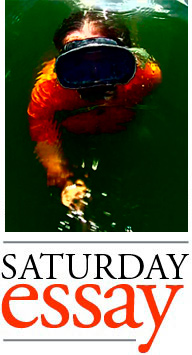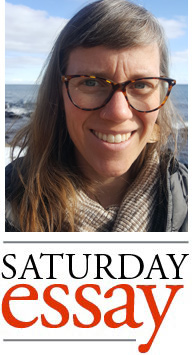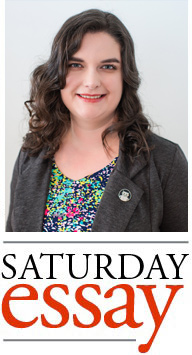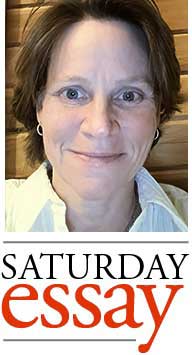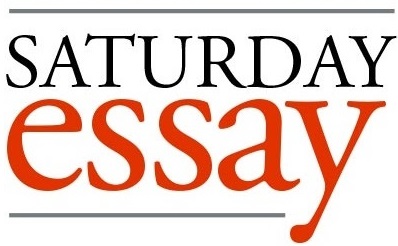 The mud in Southeast Alaska is everywhere. From Vancouver to Skagway a lush, near-ostentatiously green forest covers every conceivable surface with a teeming, tumbling, vulgarity of foliage. The Tongass National Forest is like a skunky Eden, ancient pine and spruce trees standing clustered tight as hair on a head, their verdance made that much more outstanding by the complement of thick, gray sky. It’s a North American rainforest. It rains 300 days a year, in one fashion or another, in my hometown. If the Inuit people have more than 200 words for the various elegant permutations of snow, the fishermen in Southeast Alaska have half again as many swear words for rain.
The mud in Southeast Alaska is everywhere. From Vancouver to Skagway a lush, near-ostentatiously green forest covers every conceivable surface with a teeming, tumbling, vulgarity of foliage. The Tongass National Forest is like a skunky Eden, ancient pine and spruce trees standing clustered tight as hair on a head, their verdance made that much more outstanding by the complement of thick, gray sky. It’s a North American rainforest. It rains 300 days a year, in one fashion or another, in my hometown. If the Inuit people have more than 200 words for the various elegant permutations of snow, the fishermen in Southeast Alaska have half again as many swear words for rain.
There is the putative rain that everyone knows, a tumbling shower from amassed clouds, a mixed blessing of ruined hairstyles and refreshed lawns. Then, there is the torrential downpour, bending fat blossoms under the combined weight of nectar and water, cracking peony stems and laying ferns flat against the ground like splayed bodies clinging to the surface of the earth. Drizzle — the most onomatopoeic word for a weather phenomenon, that half-hearted report from the heaven that everything, everywhere is gray and dull — is the meteorological equivalent of “meh,” spelled in water. But there is another type of rain, a sort of surreptitious precipitation that starts as gentle and refreshing as the misty spray from a waterfall, tiny cool droplets tickling the skin and seemingly innocuously disappearing. But there, along your eyebrows, a heavy bead of water leans ominously toward your eye, the ponderous descent changing its trajectory to head it straight along your nasal fold into your mouth. And there, along your temple, droplets as sure and regular as cold, portly beads of sweat begin to accumulate and race down your face into the neckline of your inadequate sweater. And your sweater! Wool and practical, has suddenly gone from misted with tiny, fruit-fly-sized droplets to saturated, impregnated on the very molecular level with water. Water fills your boots this way. Water drips from your nose like a dysfunctional faucet. Water drips between your teenaged breasts and makes the underwire of your bra cold and wretched. By the time you get to school, just a 30-minute walk — you are as wet as a newborn calf, and every bit as disoriented and gangly.








